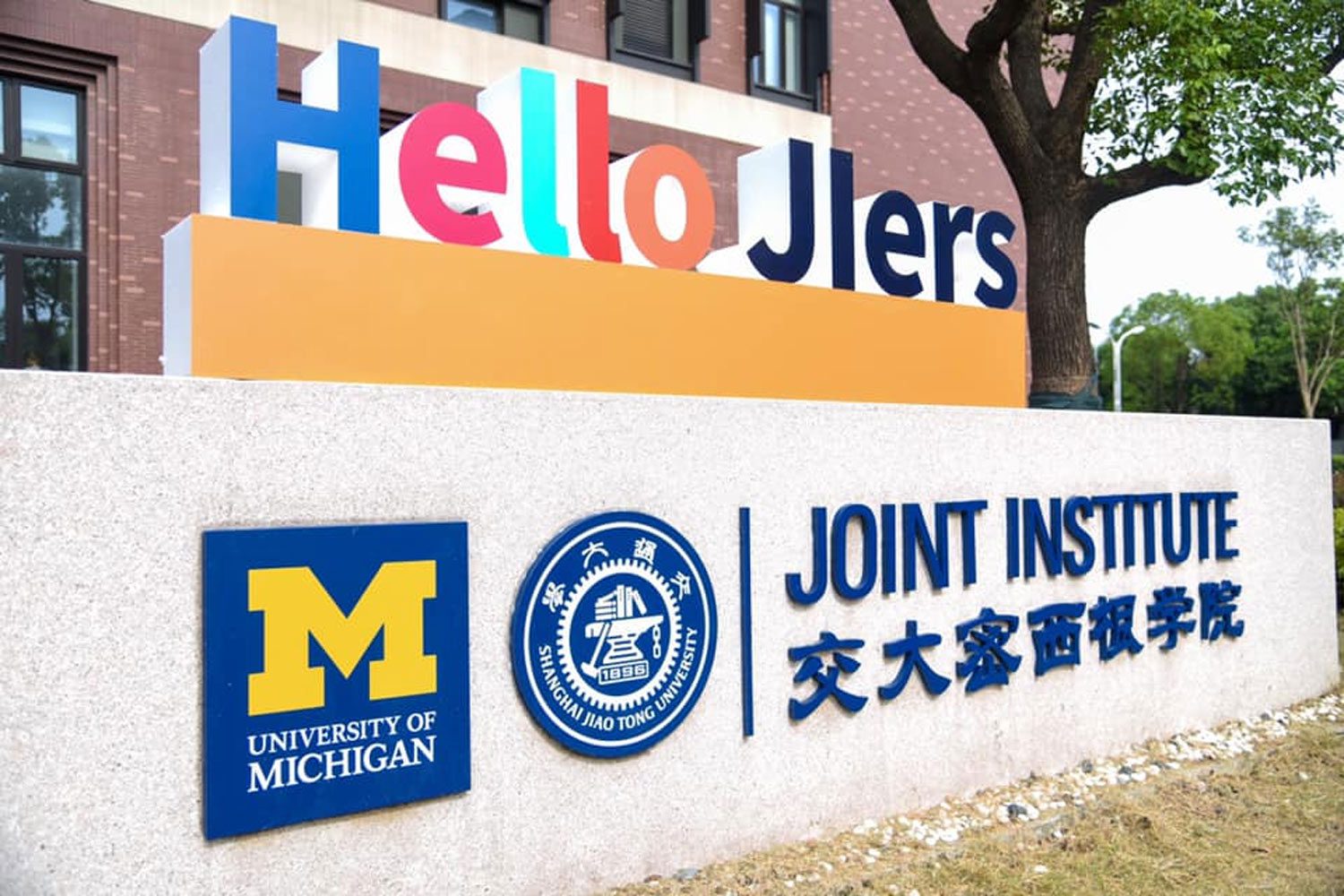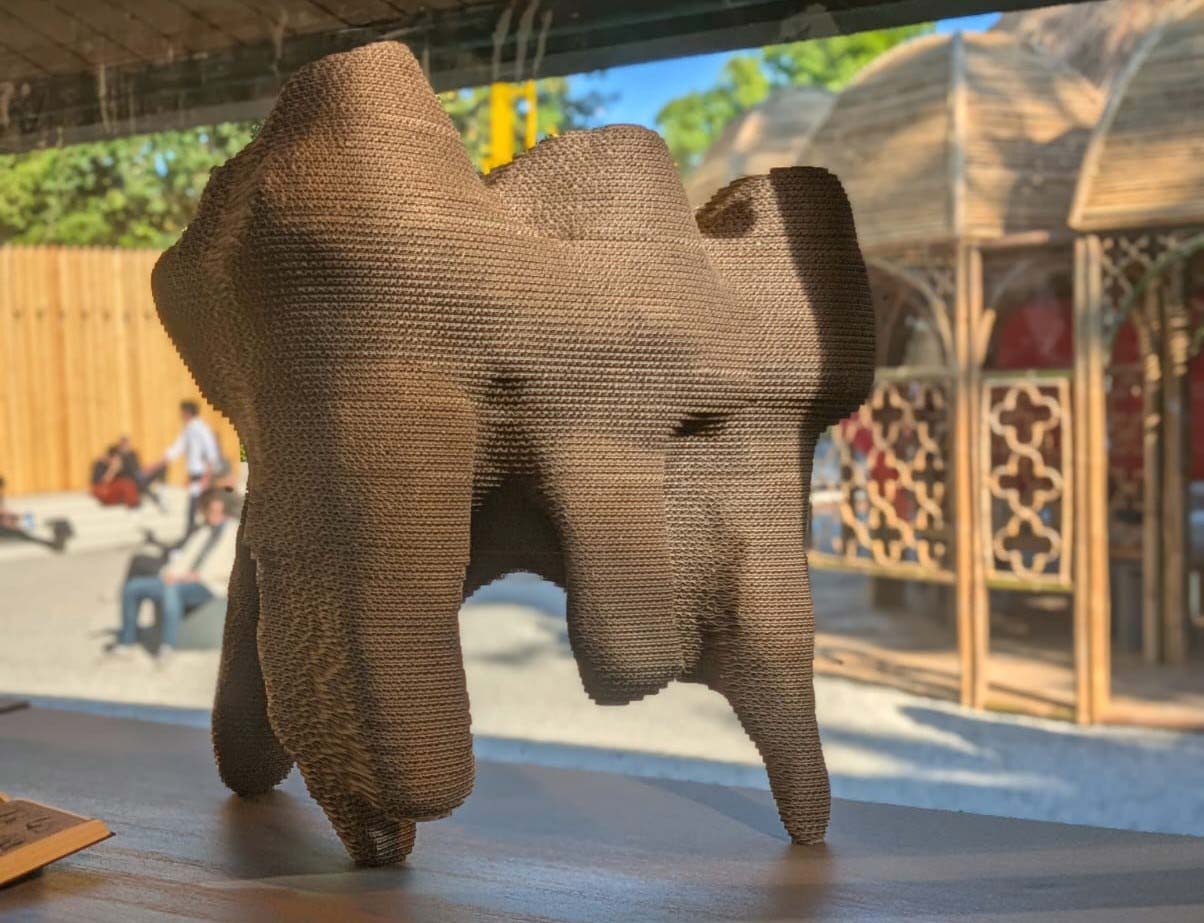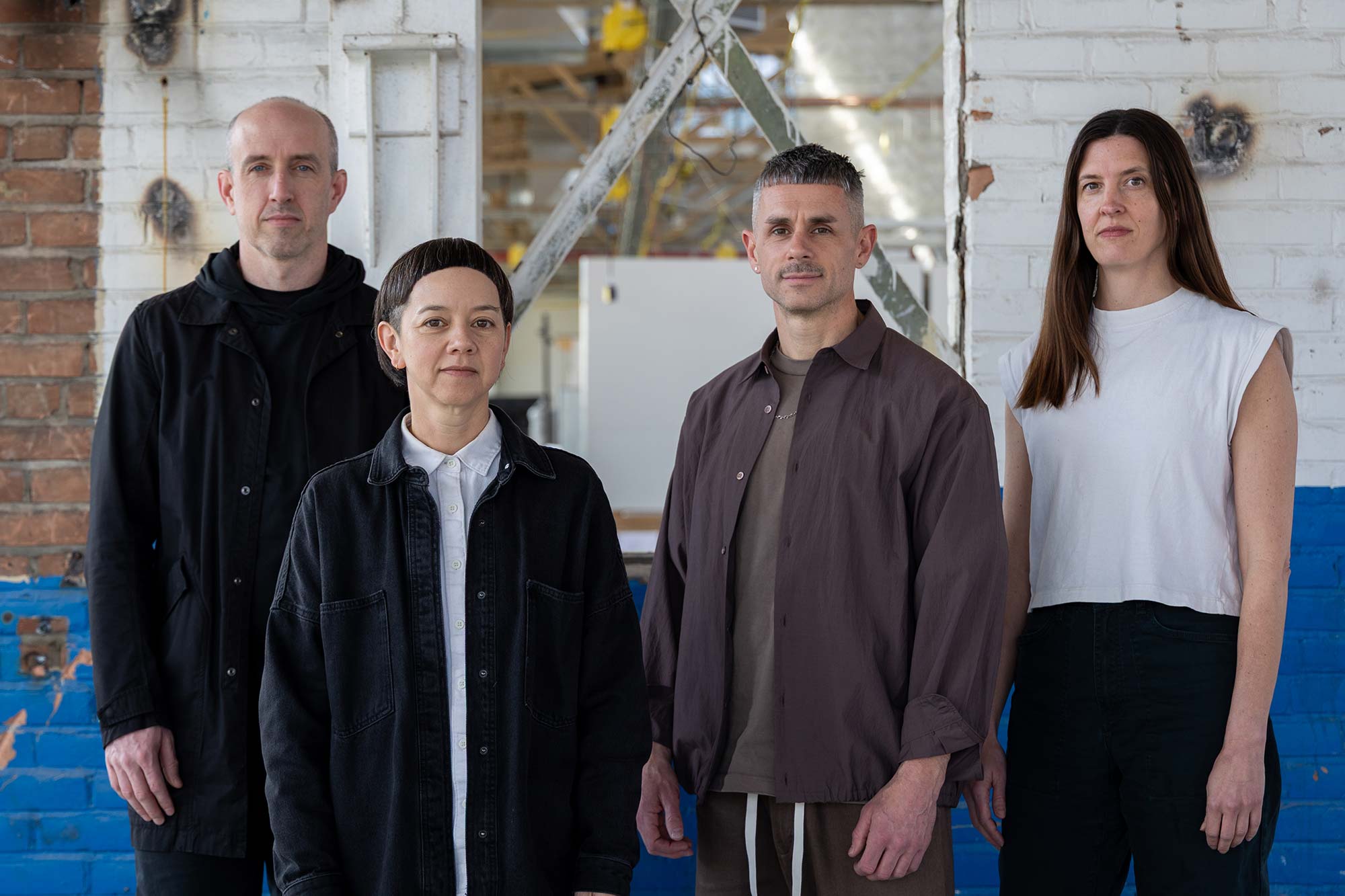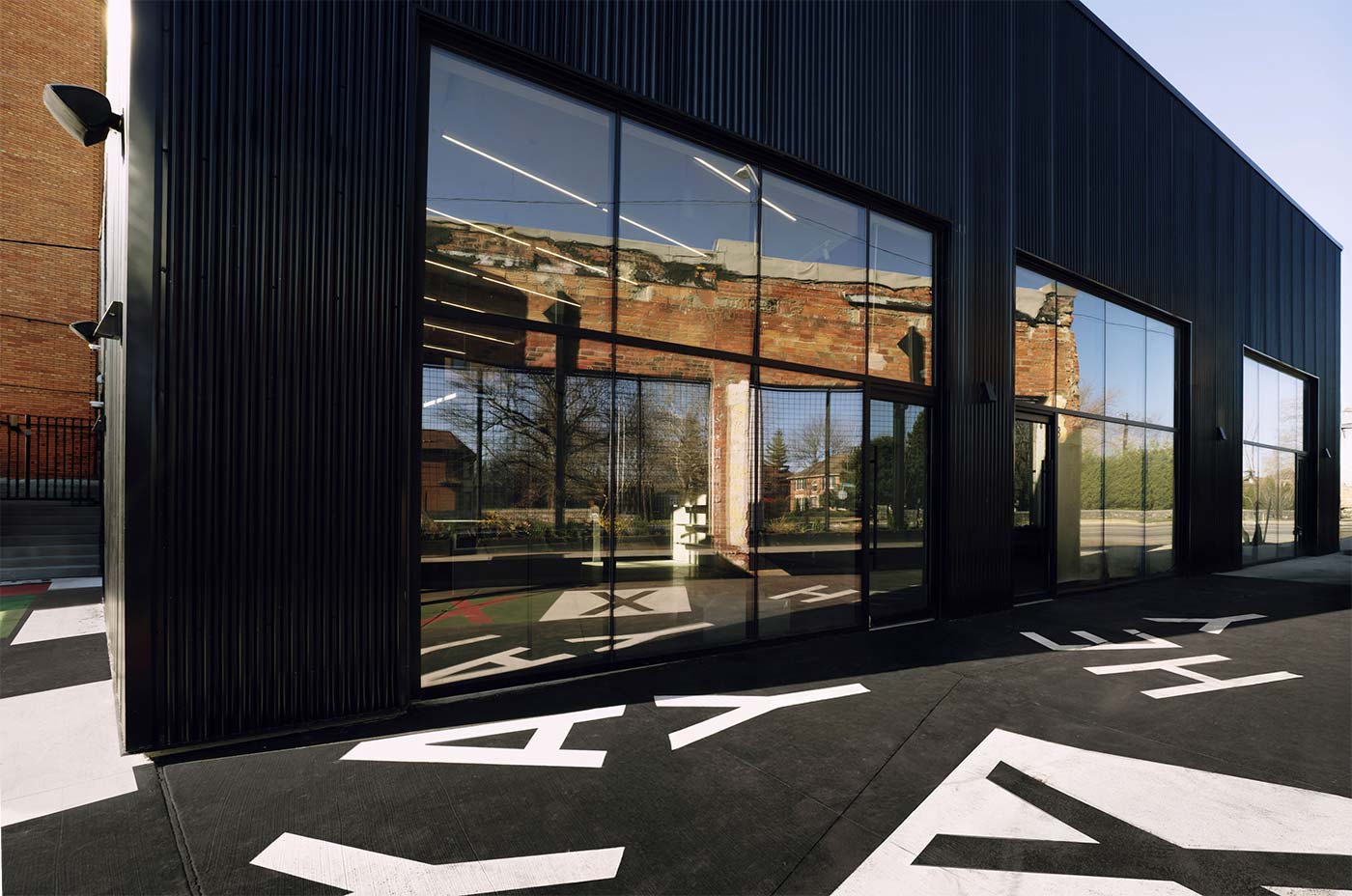
U-M Students Spend an Unexpected Semester in Shanghai
Editor’s note: The following story originally appeared in Leaders & Best, published by the University of Michigan’s Office of University Development. Thirteen Taubman College students — incoming students to the Master of Architecture and Master of Urban Design programs — are participating in the Shanghai Jiao Tong University (SJTU) residency.
When visa application centers closed worldwide earlier this year in response to COVID-19, many international students were left wondering if they would receive their visas in time for the start of the fall semester. And without visas, students planning to study in the U.S. were left with two options: deferring the start date of their programs or beginning remotely from home. The University of Michigan, however, has created a third alternative for incoming students through a new collaboration with Shanghai Jiao Tong University (SJTU).
On average, over a million international students arrive in the U.S. each year. But in what has proven to be a tumultuous year for international travel, the number of students headed to the U.S. has dipped to an unprecedented low. U-M graduate students, especially from China, have been some of those most affected by visa complications. So as spring turned to summer, and the prospect of an expedited visa process appeared unpromising, Michigan looked to its friends at SJTU for support.
In a matter of weeks, the two universities developed a program that invites U-M graduate students from China who haven’t yet received their U.S. visas to live and study at SJTU’s campus for the fall semester. This September, nearly 100 U-M students are commencing their graduate programs in Shanghai.
At SJTU, U-M students will have access to the university’s accommodations, libraries, and other academic resources to supplement those they would normally tap into at Michigan. A unique feature of the program is that students will be able to work closely with SJTU and UM-SJTU Joint Institute professors who share their research interests. While the semester in Shanghai is not meant to replace the Ann Arbor experience, students at SJTU will be able to acclimate to campus life and connect with their fellow classmates, so when they do arrive in Ann Arbor they will be even more prepared to thrive in their programs.
“As a graduate student, what attracts me to this program is the opportunity for an independent research experience with SJTU professors,” said Minghao Chen (College of Engineering Class of 2022). “Although our courses may be online this semester, it’s valuable to be living and studying alongside some of my classmates. Together, we are continuing to build a U-M community here in Shanghai.”
The UM-SJTU semester was initiated and executed by Vice Provost for Engaged Learning Valeria Bertacco and Joint Institute Dean Peisen Huang, with support from Provost Susan Collins. U-M and SJT have benefitted from a rich history of collaboration, dating back to 2006 when they came together to establish the UM-SJTU Institute (JI). From its staff facilitating logistics and programming to its faculty providing academic support, the institute is playing a key role for the semester in Shanghai. For almost 15 years, JI has been a model of international learning and scholarship, and its success continues to fuel collaboration between these world-leading universities.
“The teamwork and flexibility that U-M and SJTU have demonstrated to create a new semester-length program during COVID-19 is truly remarkable,” said Amy Conger, associate vice provost and director of global engagement at U-M. “This is uncharted territory for us, and we could have never achieved this in the timeframe it required without our strong history of collaboration at the Joint Institute.”
The University of Michigan has always been a globally-focused institution. And while U-M may call Ann Arbor, Flint, and Dearborn home, its roots reach well beyond the state of Michigan. In these times, when the world is unpredictable, Michigan is grateful for the opportunities and stability that longtime international friendships provide.









